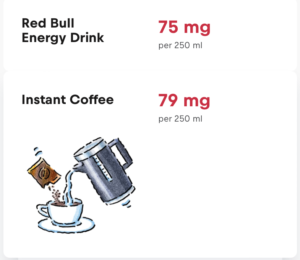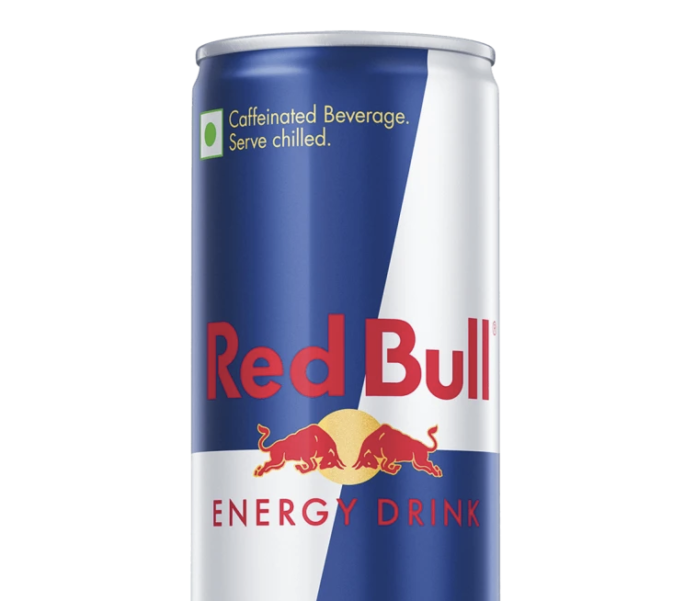How Much Caffeine in a Red Bull?
Introduction
In the bustling world of energy drinks, Red Bull stands out as one of the most popular choices among consumers. However, amidst its widespread appeal, questions often arise about its caffeine content and potential effects on health. Let’s dive into the world of Red Bull and uncover the truth behind its caffeine composition and impact.
Understanding Caffeine
Caffeine, a natural stimulant found in various foods and beverages, including coffee, tea, and chocolate, is renowned for its ability to boost alertness and energy levels. It functions by inhibiting the effects of adenosine, a neurotransmitter known for inducing calmness and drowsiness.
Exploring Red Bull
Red Bull, a renowned energy drink brand, has garnered immense popularity for its promise of increased vitality and focus. Marketed as a performance enhancer, it boasts a distinctive taste and vibrant branding that appeals to a wide consumer base.
Caffeine Content in Red Bull
One of the key aspects consumers consider when choosing energy drinks is their caffeine content. Red Bull typically contains approximately 80 milligrams of caffeine per 8.4 fluid ounces, making it comparable to a standard cup of coffee.
Effects of Caffeine
Short-Term Effects
In the short term, consuming caffeine, whether through Red Bull or other sources, can lead to increased alertness, improved concentration, and enhanced physical performance. Many individuals rely on caffeine to combat fatigue and stay productive throughout the day.
Long-Term Effects
While moderate caffeine consumption is generally considered safe for most individuals, excessive intake can lead to adverse health effects over time. Long-term consumption of high caffeine doses may contribute to insomnia, anxiety, digestive issues, and even cardiovascular problems.
Comparing Red Bull to Others

Comparison with Coffee
Compared to coffee, Red Bull offers a convenient and portable energy boost without the need for brewing or preparation. However, coffee typically contains a higher caffeine concentration, ranging from 95 to 165 milligrams per 8-ounce cup.
Comparison with Energy Drinks
In the realm of energy drinks, Red Bull is among the more moderate options in terms of caffeine content. Some competitors may offer higher caffeine doses, catering to individuals seeking a more potent energy surge.
Health Concerns
Recommended Intake
Health experts recommend limiting caffeine intake to moderate levels, typically no more than 400 milligrams per day for most adults. It’s essential to monitor overall caffeine consumption, considering not only energy drinks but also other sources like tea, chocolate, and medications.

Potential Risks
Excessive caffeine consumption, whether from Red Bull or other sources, can pose certain risks, particularly for individuals sensitive to its effects. These risks may include jitteriness, rapid heartbeat, digestive discomfort, and in severe cases, caffeine overdose.
Conclusion
In conclusion, Red Bull offers a convenient energy boost for those seeking a quick pick-me-up during busy days. However, consumers should be mindful of their caffeine intake and strive for moderation to avoid potential health risks associated with excessive consumption.

FAQs
- Is Red Bull Safe to Drink Every Day? While occasional consumption of Red Bull is generally considered safe for most individuals, daily intake should be moderated to prevent potential health issues associated with excessive caffeine consumption.
- Can Red Bull Help Improve Athletic Performance? Red Bull’s caffeine content may provide a temporary boost in energy and focus, potentially enhancing athletic performance in some individuals. However, it’s essential to use energy drinks responsibly and not rely solely on them for performance enhancement.
- Are There Any Health Benefits to Drinking Red Bull? While Red Bull may offer a temporary energy boost, it does not provide significant health benefits beyond its caffeine content. It’s essential to maintain a balanced diet and lifestyle for overall well-being.
- How Does Red Bull Compare to Other Energy Drinks? Compared to other energy drinks, Red Bull typically contains a moderate amount of caffeine and is known for its distinctive flavor and branding. However, individual preferences may vary, and it’s essential to choose beverages that align with personal health goals.
- What Should I Do If I Experience Adverse Effects After Drinking Red Bull? If you experience adverse effects such as palpitations, nausea, or anxiety after consuming Red Bull, it’s advisable to discontinue use and consult with a healthcare professional. Pay attention to your body’s signals and adjust your caffeine intake accordingly.
Read More: Bloom Nutrition: Cultivating Health and Vitality from Within

